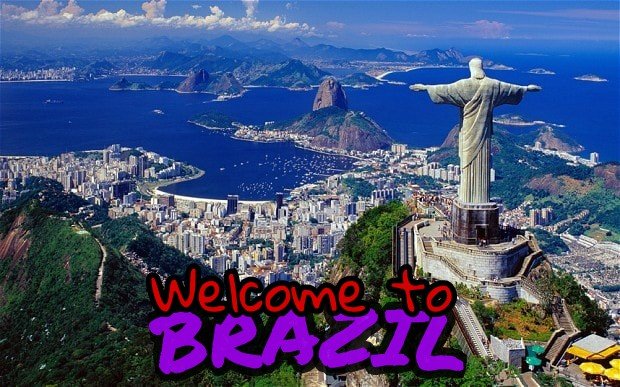
Brazil is the main Latin American country that infers its dialect and culture from Portugal.
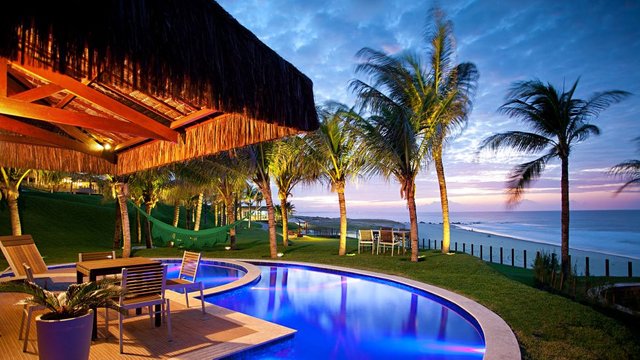
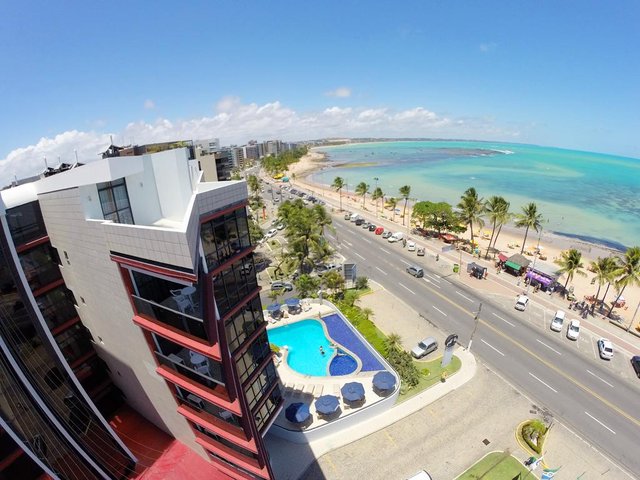
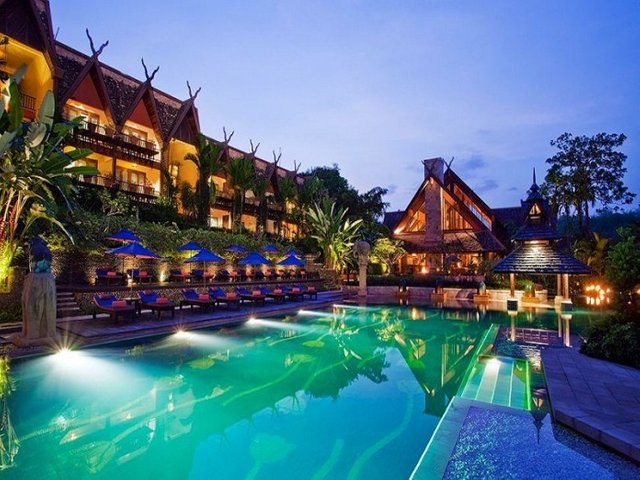
The local tenants for the most part comprised of the migrant Tupí-Guaraní Indians. Adm.
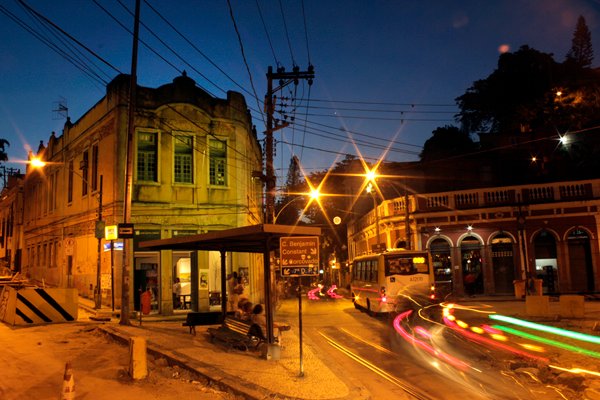
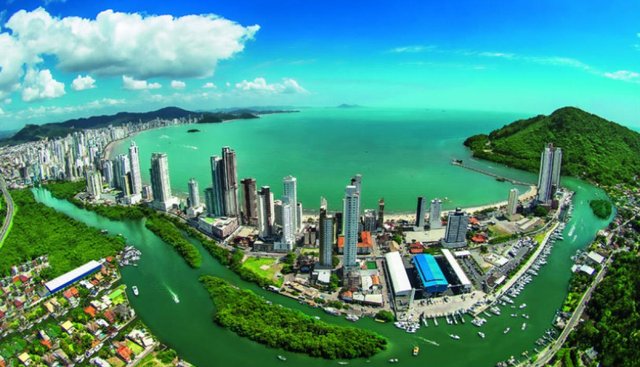
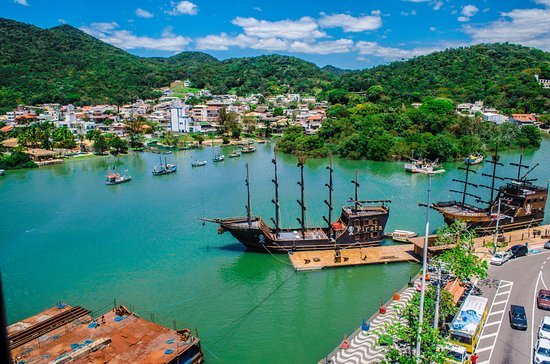
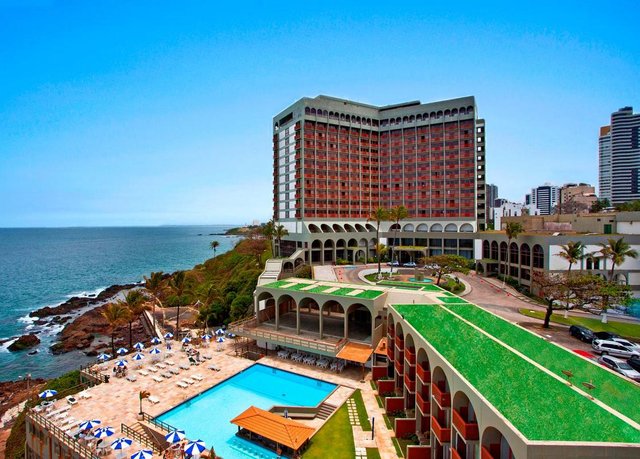
Pedro Alvares Cabral asserted the domain for Portugal in 1500. The early wayfarers brought back a wood that delivered a red color, pau-brasil, from which the land got its name. Portugal started colonization in 1532 and made the region a regal province in 1549.
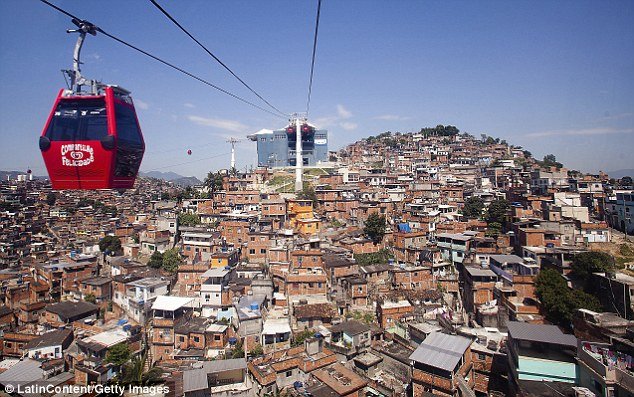
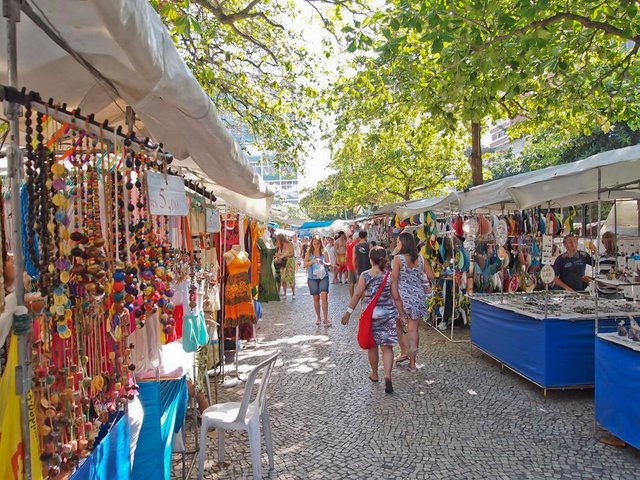
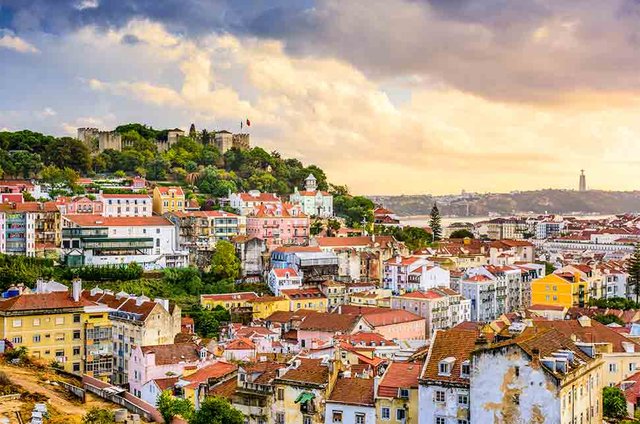
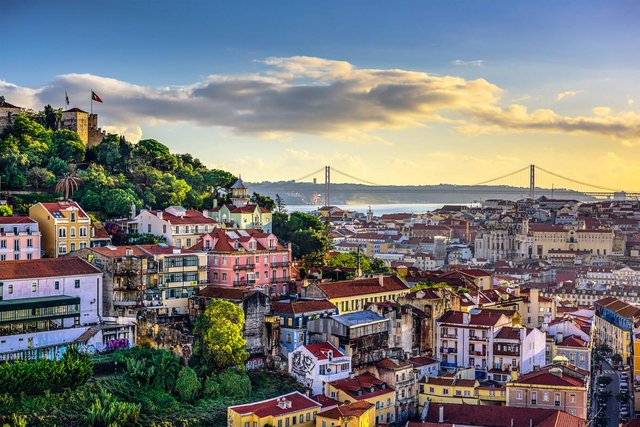
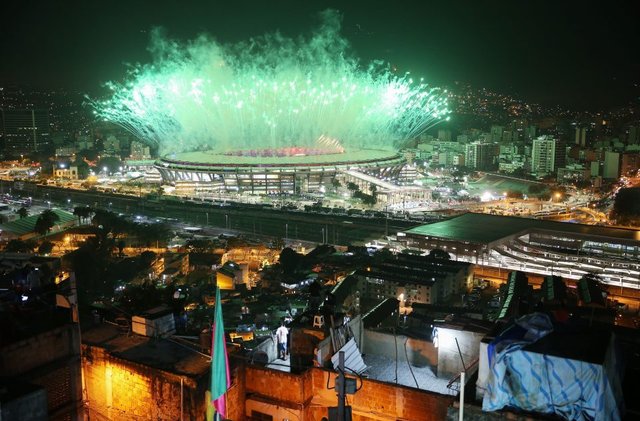
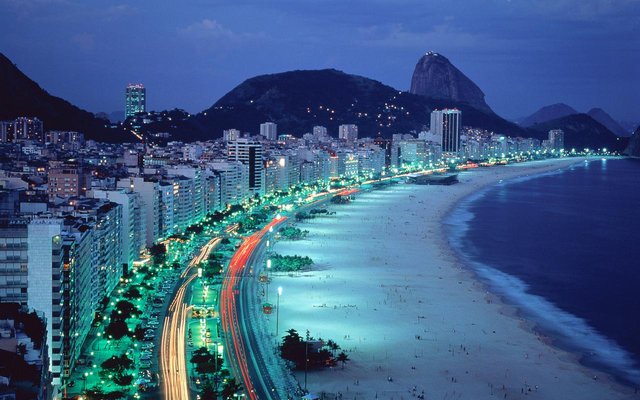
Amid the Napoleonic Wars, King João VI, dreading the propelling French armed forces, fled Portugal in 1808 and set up his court in Rio de Janeiro. João was attracted home 1820 by an upheaval, leaving his child as official.
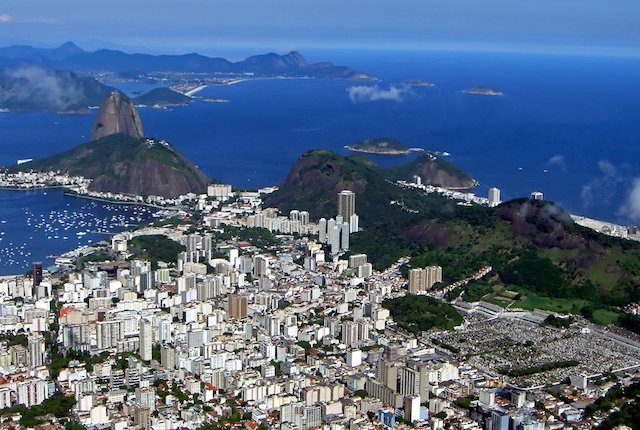
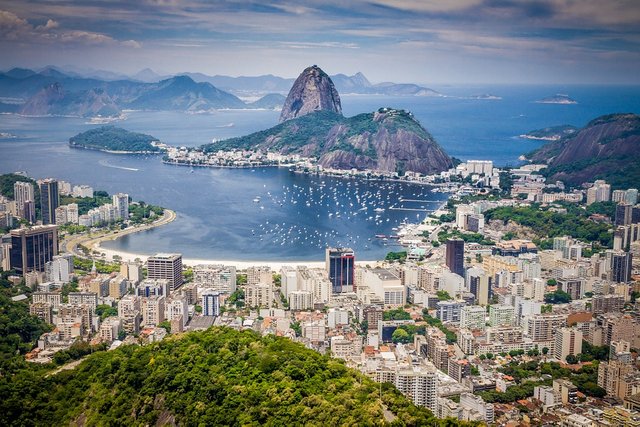
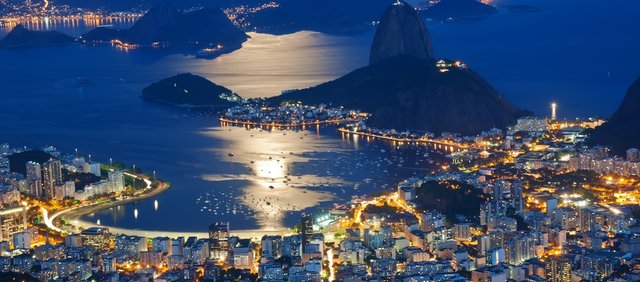
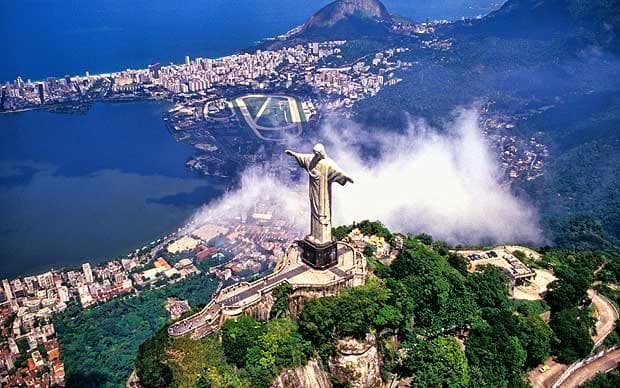
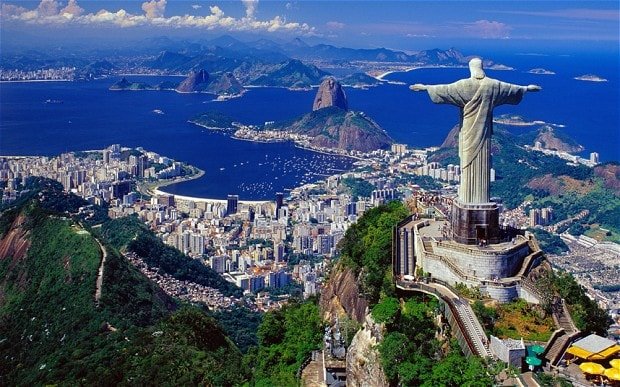
At the point when Portugal endeavored to reimpose frontier lead, the sovereign proclaimed Brazil's freedom on Sept. 7, 1822, getting to be Pedro I, head of Brazil. Hassled by his parliament, Pedro I surrendered in 1831 for his five-year-old child, who progressed toward becoming head in 1840 (Pedro II).

The child was a mainstream ruler, yet discontent developed, and in 1889, after a military revolt, he abandoned.


In spite of the fact that a republic was announced, Brazil was led by military tyrannies until the point when a revolt allowed a steady come back to soundness under regular citizen presidents.

President Wenceslau Braz collaborated with the Allies and proclaimed war on Germany amid World War I.
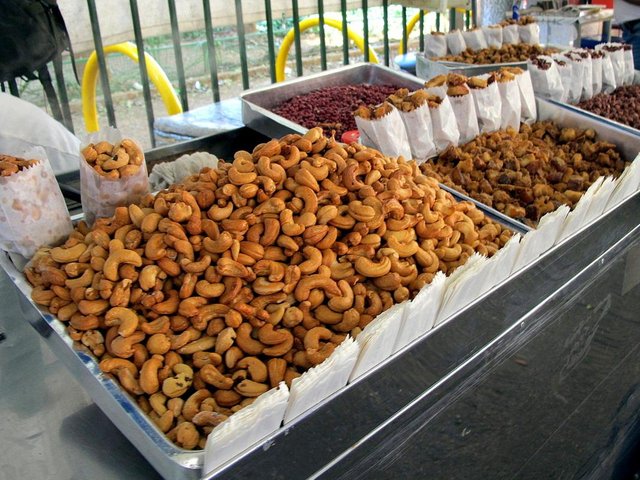
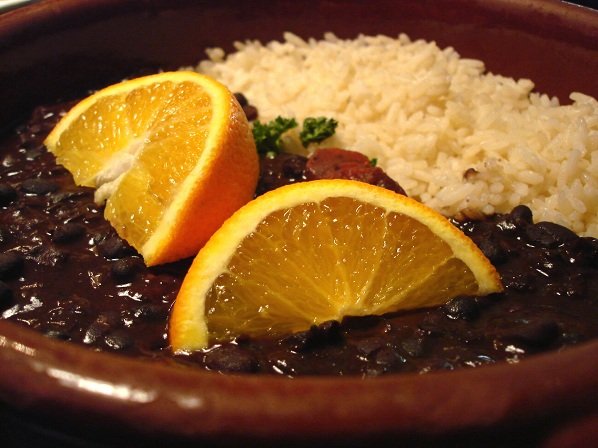

In World War II, Brazil again coordinated with the Allies, inviting Allied air bases, watching the South Atlantic, and joining the intrusion of Italy subsequent to proclaiming war on the Axis powers.


After a military overthrow in 1964, Brazil had a progression of military governments. Gen. João Baptista de Oliveira Figueiredo moved toward becoming president in 1979 and vowed an arrival to popular government in 1985. The decision of Tancredo Neves on Jan. 15, 1985, the main regular citizen president since 1964, brought an across the country wave of good faith, however when Neves passed on a while later, Vice President José Sarney moved toward becoming president. Collor de Mello won the race recently 1989, promising to bring down hyperinflation with free-showcase financial matters. At the point when Collor confronted indictment by Congress due to a defilement outrage in Dec. 1992 and surrendered, Vice President Itamar Franco accepted the administration.
A previous back clergyman, Fernando Cardoso, won the administration in the Oct. 1994 race with 54% of the vote. Cardoso sold off wasteful government-claimed restraining infrastructures in the media communications, electrical power, port, mining, railroad, and keeping money enterprises.
In Jan. 1999, the Asian monetary emergency spread to Brazil. As opposed to prop up the cash through money related markets, Brazil selected to give the money a chance to glide, which sent the genuine plunging—at one time as much as 40%. Cardoso was very lauded by the global group for rapidly pivoting his nation's monetary emergency. In spite of his endeavors, in any case, the economy stayed drowsy all through 2001, and the nation additionally confronted a vitality emergency. The IMF offered Brazil an extra guide bundle in Aug. 2001. Furthermore, in Aug. 2002, to guarantee that Brazil would not be dragged around neighboring Argentina's disastrous financial issues, the IMF consented to loan Brazil a remarkable $30 billion more than fifteen months.
Follow and upvote for more updates...
Thank you....